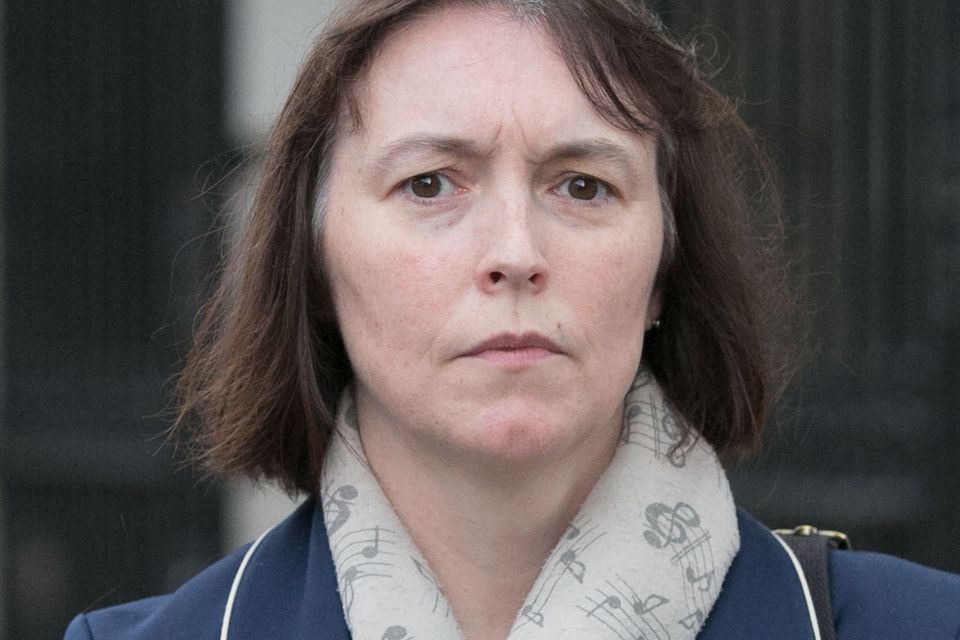We're not for moving: bedroom tax won't budge empty nesters
Sharon Donnery, acting governor of the Central Bank. Photo: Gareth Chaney Collins
Ideas for a bedroom tax to get empty nesters to downsize and free up family homes have been firmly knocked back after homeowners told the housing minister the move would not push them to leave.
Two-thirds of owners aged over 55 say they won't be moving house in the future and the vast majority are resistant to any incentives or initiatives to try to persuade them to think otherwise.
Policymakers say downsizing and relocating will be essential to keep the national housing stock circulating to meet the needs of households as they change over time.
With 560,000 households in the "mature homeowners" category, getting any sizeable proportion of them to sell up and move would help ease the crisis in the supply of family homes.
But of 1,200 quizzed in a survey by the Department of Housing, 65pc said they were extremely unlikely to move in the future and 14pc said they were very unlikely. That compares to just over 4pc who thought they probably would move.
The key reason given for staying put - cited by more than half the respondents - was emotional attachment to their home. Local friendships and community ties were also important factors.
Presented with a set of hypothetical measures to encourage them to move, very few were swayed. Just 5pc said a charge on unused bedrooms in their home would make any difference to their thinking.
A specialised financial product, such as an equity release scheme, was dismissed in equal numbers but 9pc said they might be interested if there was a financial incentive or subsidy on offer.
Respondents were more receptive to the idea of some kind of State assistance in finding suitable new accommodation and felt they would be more likely to consider moving if there was a greater choice of alternative homes.
It was only when the ideal scenario was presented to them - the chance of selling up and buying a smaller, purpose-built home for mature households in the same area for a lower price - that interest picked up considerably. That prompted 17.5pc to say it could clinch the deal.
Housing Minister Eoghan Murphy said the challenge was one of changing mindsets.
"We know that from the point of view of managing our housing stock it makes sense - that people shouldn't be in homes that are too big for them, that it's not economic from a housing point of view," he said.
"And when you think about what it might mean for the individual, downsizing can make a lot of sense from their own personal point of view, be it in their own finances or just the comfort in which they live.
"The challenge that we face is a cultural one: the reluctance of people to consider downsizing."
Those surveyed ranged in age from 55 to over 90 and 63pc of them live in detached houses with a further 30pc in semi-detached homes.
Homes were most commonly valued at €200,000 to €300,000, most likely to have three bedrooms with two in use, and most owners had been living there for 35 years.
The findings, from face-to-face surveys carried out over the summer, are to be further analysed and will feed into future housing policy.
They were presented at an Economic and Social Research Institute seminar at which Central Bank deputy governor Sharon Donnery warned the problems of housing supply and affordability showed no signs of easing, particularly in the cities.
"The bottom line is that there is not as much housing per person as there was five years ago and more households are competing for fewer available homes," she said.
"More young people are living at home and more adults are in group housing.
"In Dublin especially, supply has not kept up with demand. So, for example, for every 12 new jobs created in Dublin over the past five years, just one new dwelling has been built."
Join the Irish Independent WhatsApp channel
Stay up to date with all the latest news















